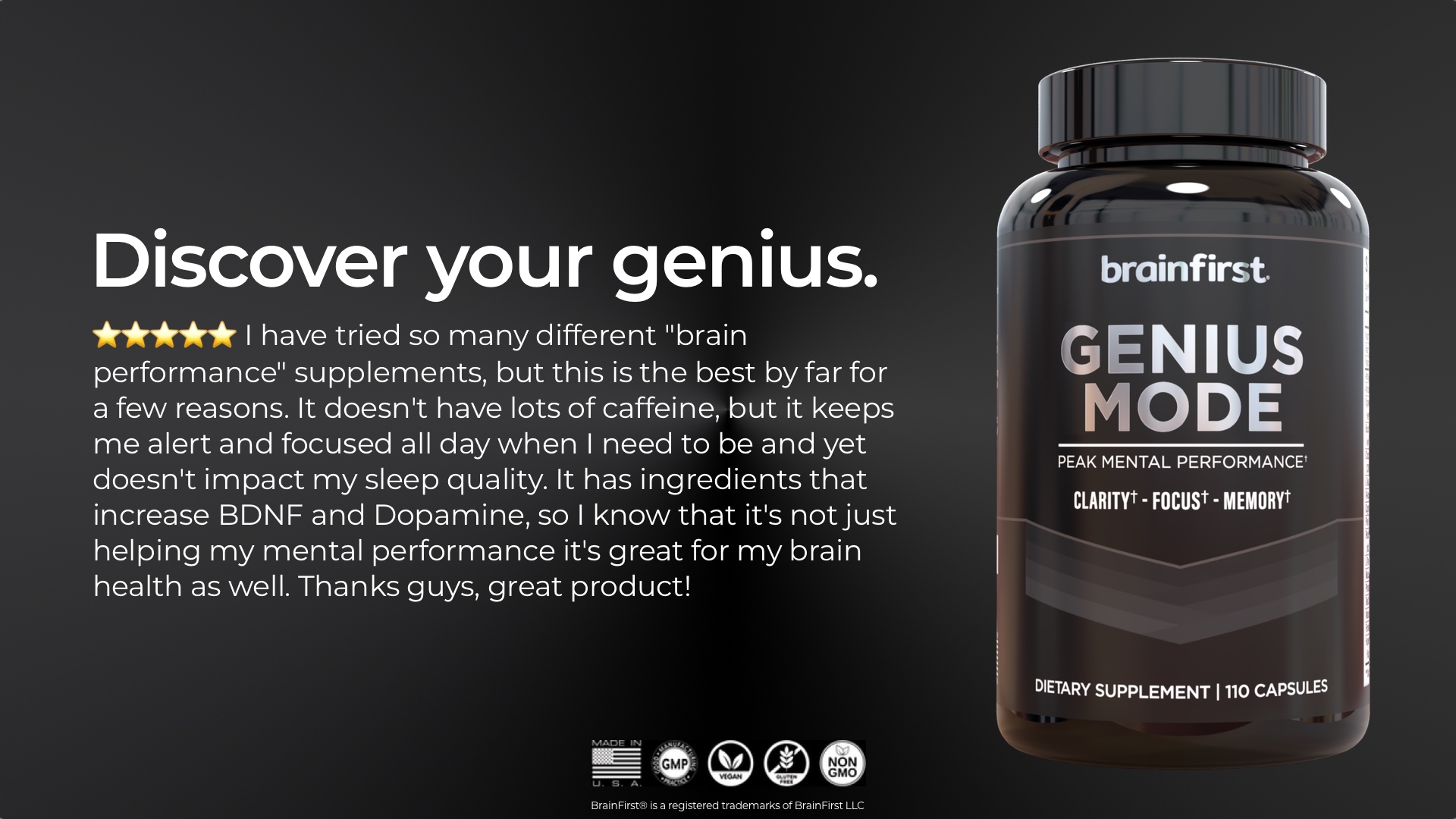Rhodiola Rosea

![]()
Rhodiola Rosea is a herbaceous perennial plant that is native to the Arctic regions of Europe, Asia, and North America. It has been used traditionally for centuries to treat fatigue, depression, and anxiety (1). Rhodiola Rosea has been found to contain a number of biologically active compounds, including rosavin, salidroside, and tyrosol, that have been shown to have health and brain benefits.
Reduces stress and anxiety
Rhodiola Rosea has been found to reduce stress and anxiety in humans. A study published in the journal Phytomedicine found that Rhodiola Rosea supplementation reduced symptoms of stress and anxiety in participants with generalized anxiety disorder (2).
Improves exercise performance
Rhodiola Rosea has been found to improve exercise performance in humans. A study published in the International Journal of Sport Nutrition and Exercise Metabolism found that Rhodiola Rosea supplementation improved time to exhaustion and increased maximal oxygen uptake in healthy young adults (3).
Improves cognitive function
Rhodiola Rosea has been found to improve cognitive function in humans. A study published in the journal Phytomedicine found that Rhodiola Rosea supplementation improved cognitive function in participants with mild cognitive impairment (4).
Reduces mental fatigue
Rhodiola Rosea has been found to reduce mental fatigue in humans. A study published in the journal Neuropsychiatric Disease and Treatment found that Rhodiola Rosea supplementation reduced mental fatigue in participants with fatigue caused by shift work (5).
Rhodiola Rosea is included in:







